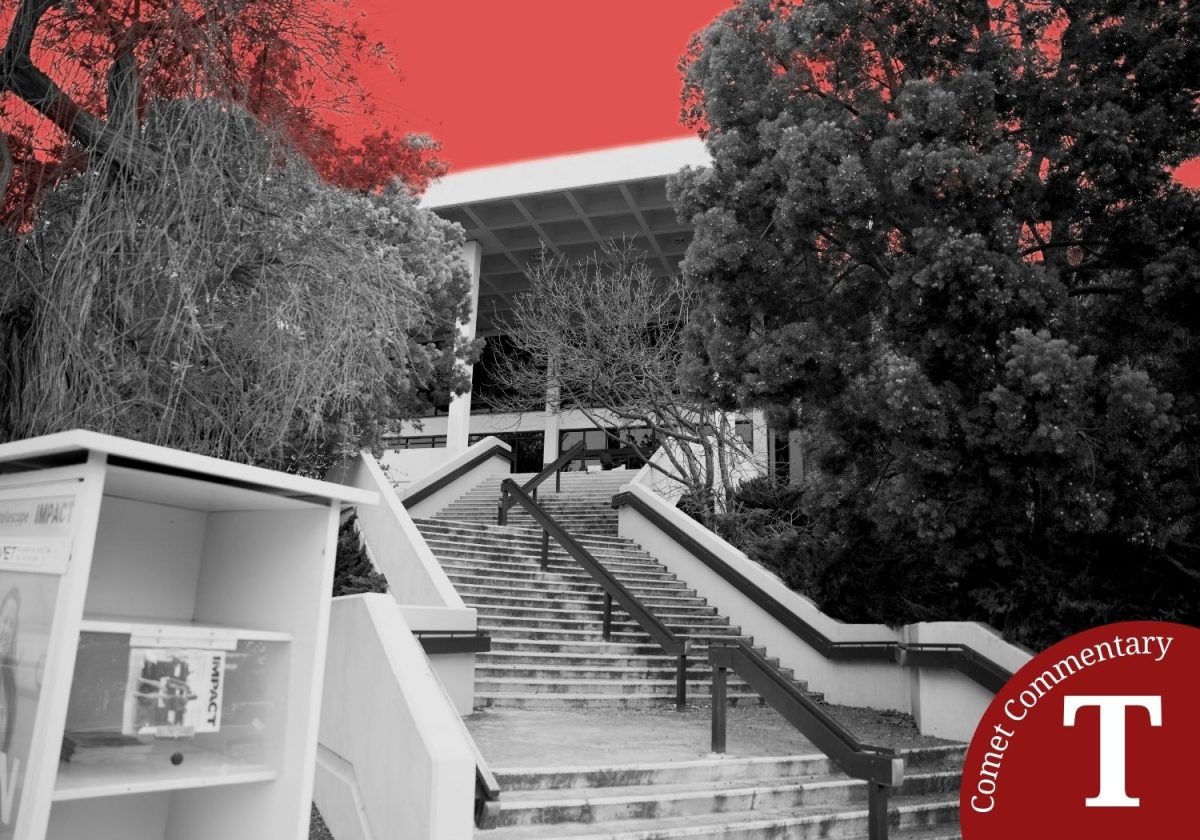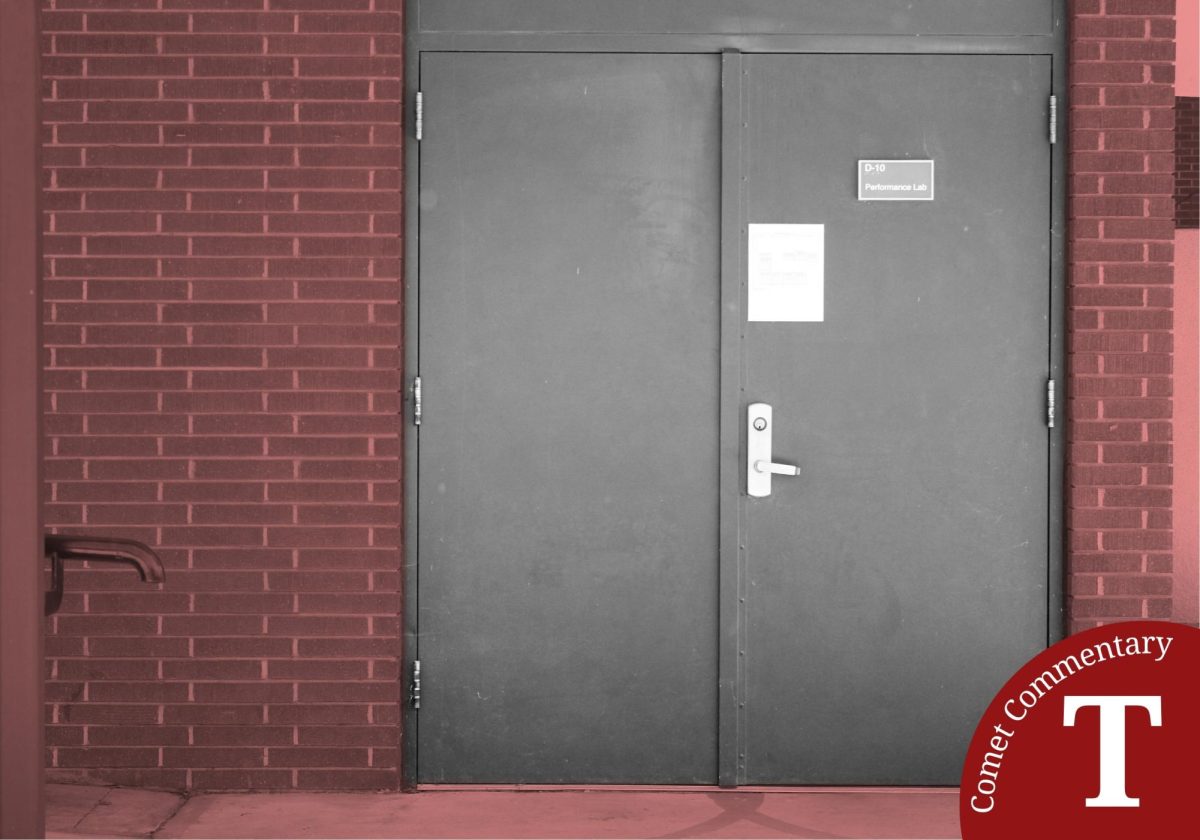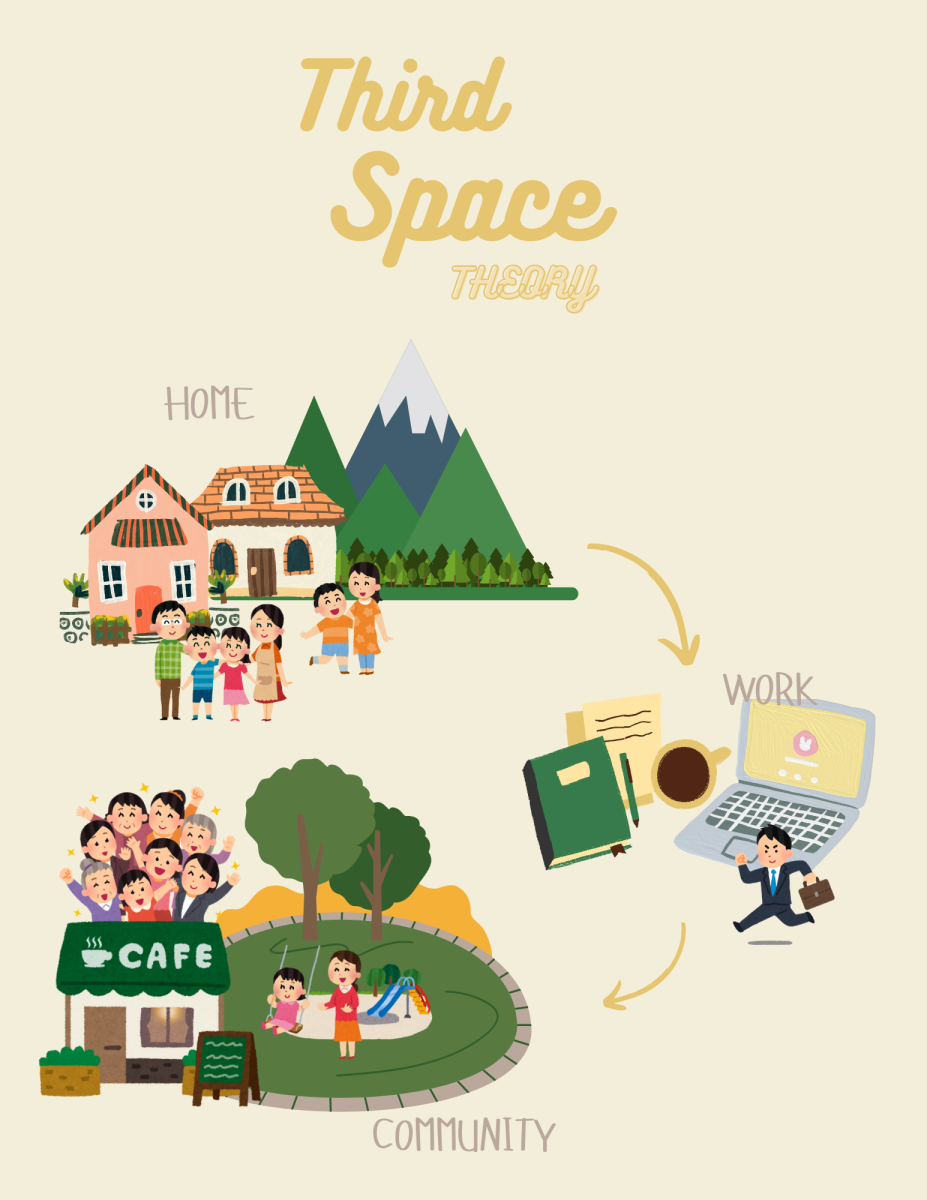“Hold on, lemme take a selfie.”
While this might be the tagline of any modern-day hipster, sometimes the overwhelming amount of information about ourselves that is posted online by ourselves or our friends brings up the fundamental question of why, and what this cultural obsession will mean for society.
How much of our lives is chronicled on social media sites such as Twitter, Facebook, Snapchat, Instagram, Youtube, and others often times varies greatly between individuals.
Palomar student Matthew Santos, 20, believes that smartphones are the main culprit behind the attention and number of postings from certain viewers. He said the only social media site he uses is Facebook, which he accesses two or three times a month.
He said the amount of time he spends on social media sites is based on a matter of preference and he preferred face-to-face interactions to keep in touch with people.
Justin Smiley, a staff member at Palomar, said he uses social media at least once a day, mainly Facebook but also YouTube and Twitter occasionally. He laughed, “I used (Twitter) to get a free hat once.”
While there is clearly great variability in how often users access sites, Santos and Smiley both mention the need to connect with people as the main driving force behind spending time online.
Smiley mentioned spending the majority of his online time viewing other people’s profiles, and notes people share things just to show how cool their lives are, and only post exciting things and nothing mundane or boring.
Perhaps this is one reason why certain individuals appear to be addicted to social media; by filtering content to only include the most interesting or flattering content, not to mention Photoshopped images and meticulously crafted profile pictures. We are living in an age where an online profile might not be categorized as completely false, though it can be composed of selected information so that all our less flattering aspects are hidden from view.
Jane Craig-Jones, another staff member at Palomar, said she feels the amount of time spent online depends a lot on the individual, though younger people tend to have less reservations than older people in what they post.
Her comment brings up a broader point; often times younger individuals, especially under the age of 18, post personal information and compromising images because they do not understand the implications and more often than not their parents have no idea they have done so.
But individual accounts are only a fraction of accounts online.
Chelsea Marsh, a Palomar staff member in the theater department, mentioned that social media is no longer limited to the individual, and that the Palomar theater department has an official Youtube account.
While the merits of social media are often times acknowledged, such as the ability to keep in touch with friends and family who are located far away, the ability to meet new people who share interests, and even the ability to find a soulmate without leaving the house, both Craig-Jones and Marsh agree that some people have a clear addiction to media sites.
The desire to go online and share crosses a line based on the sheer volume and intimacy of posts. Instead of feeling connected to these individuals, both women expressed pity toward these sort of post-ers, because they seem to have nothing else to do with their time, though they acknowledged that some people go online in their free moments to simply waste time.
While the ability to share any thought or image instantaneously with the world is a new concept, at this moment most people are still figuring social media out.
This technology is simply too new to accurately draw a conclusion on how it will affect society. We know that it is here to stay, though we don’t know what changes it will bring or the long-term effect those changes will have.













